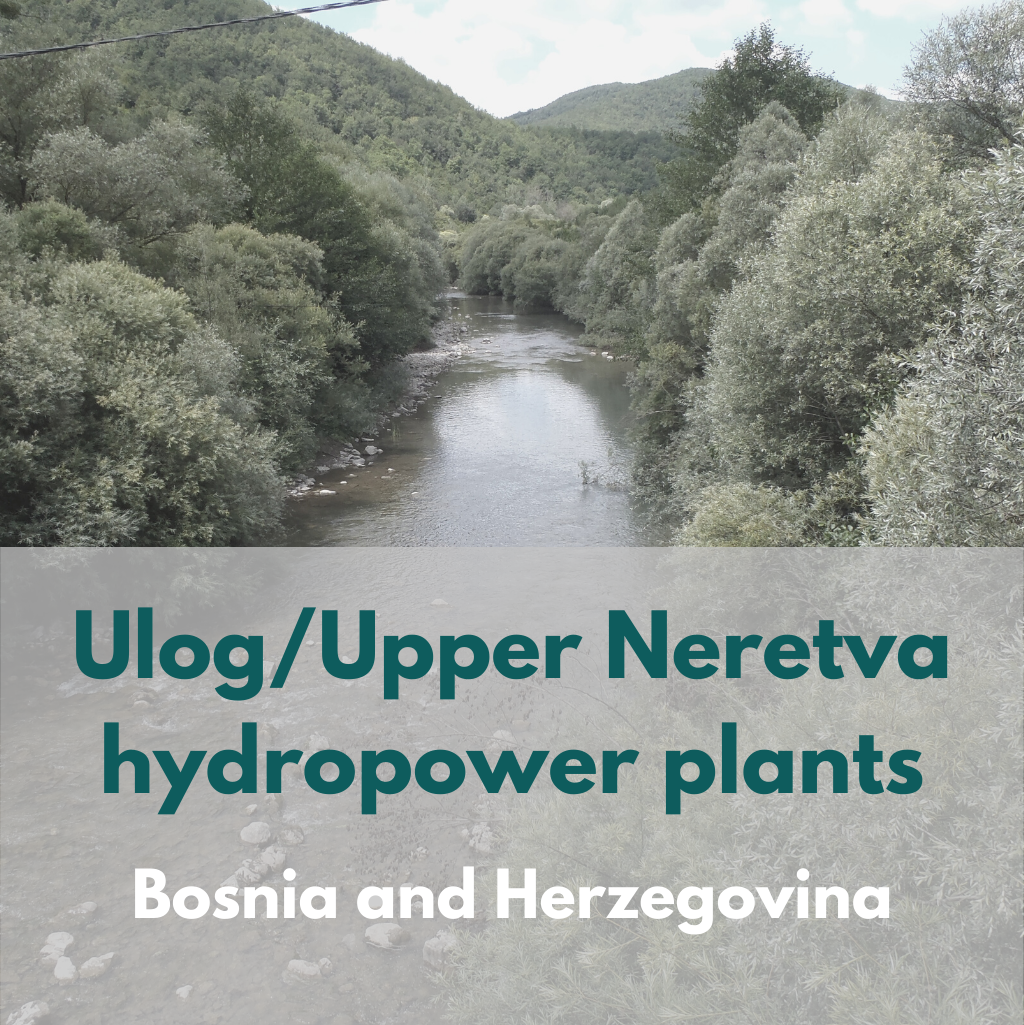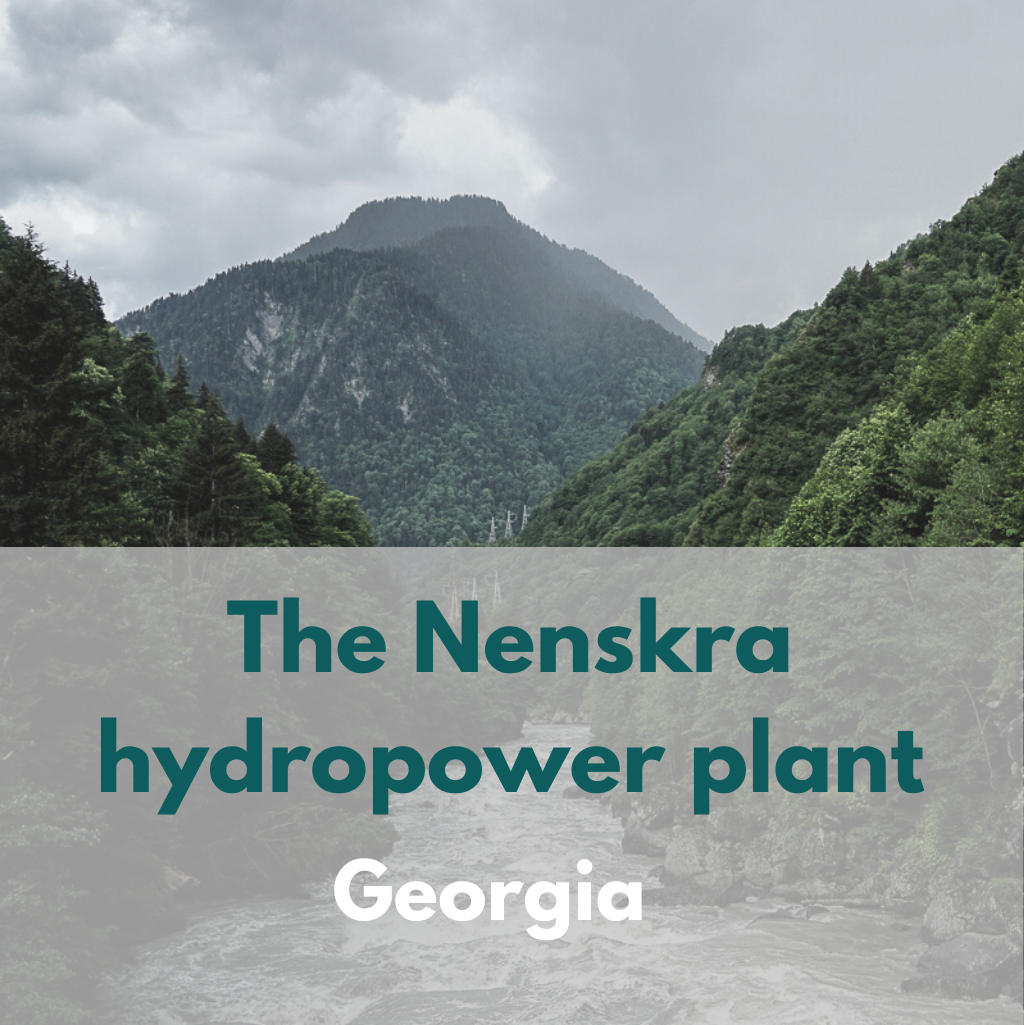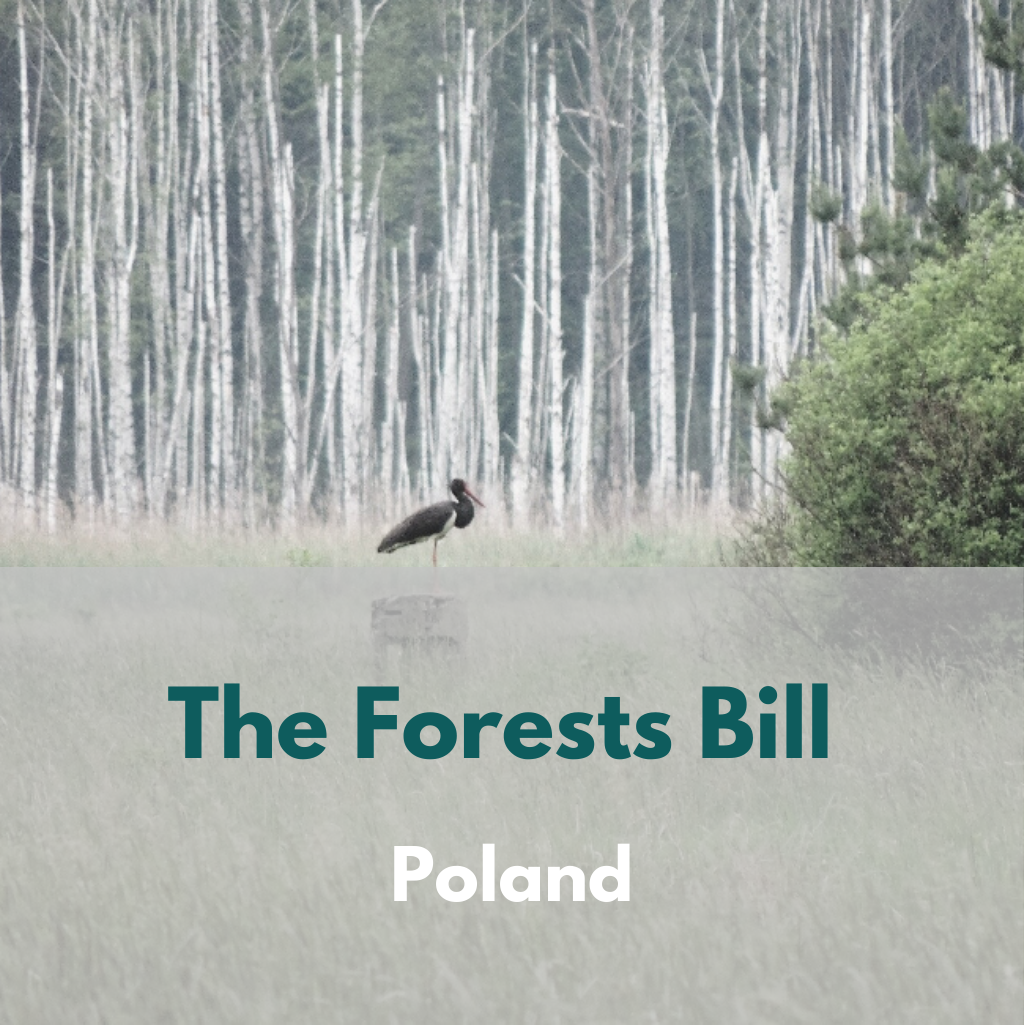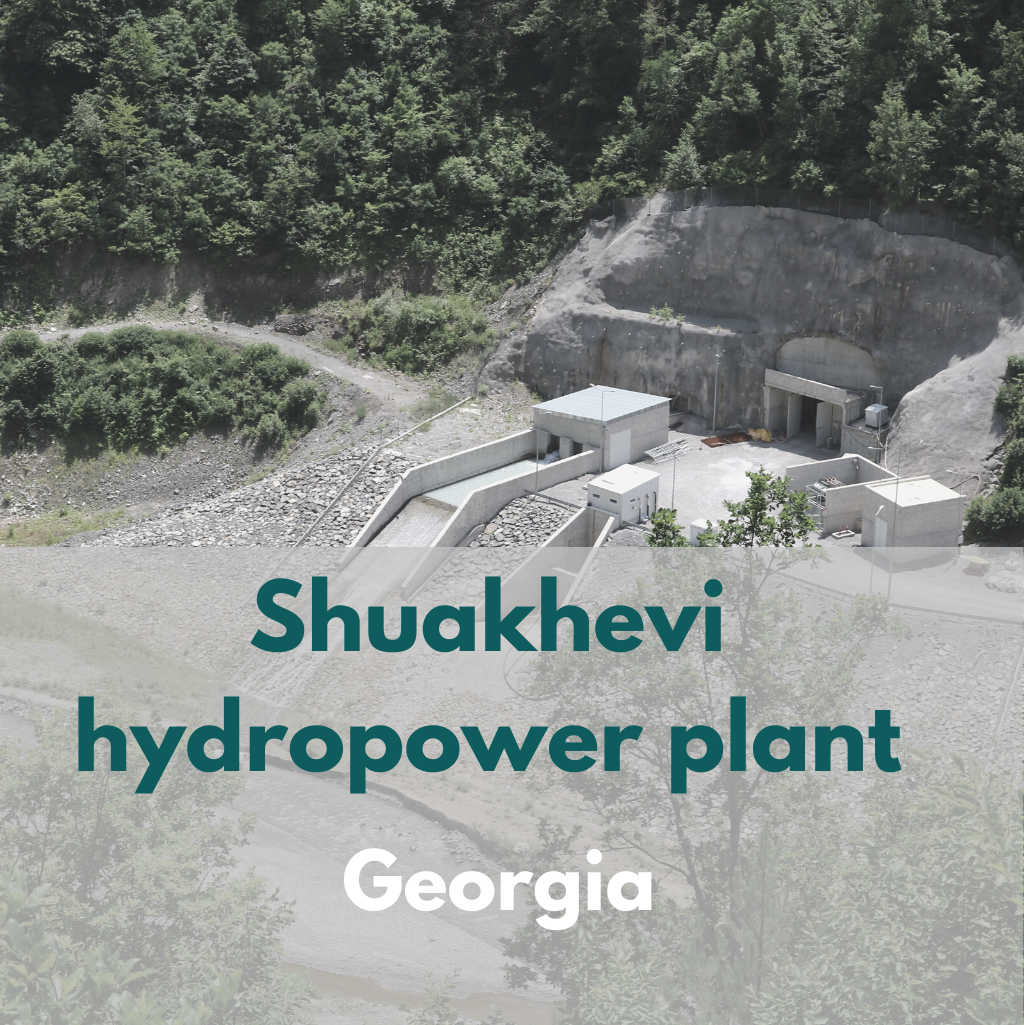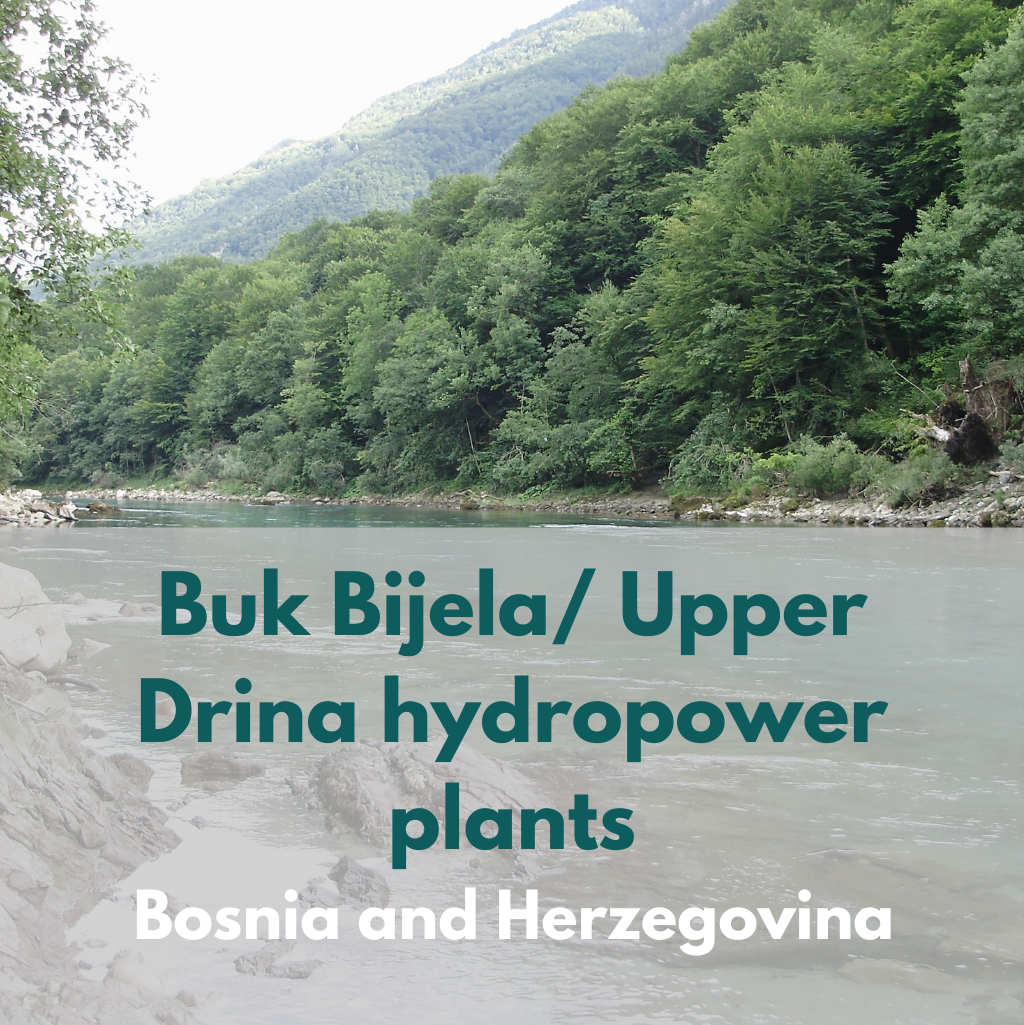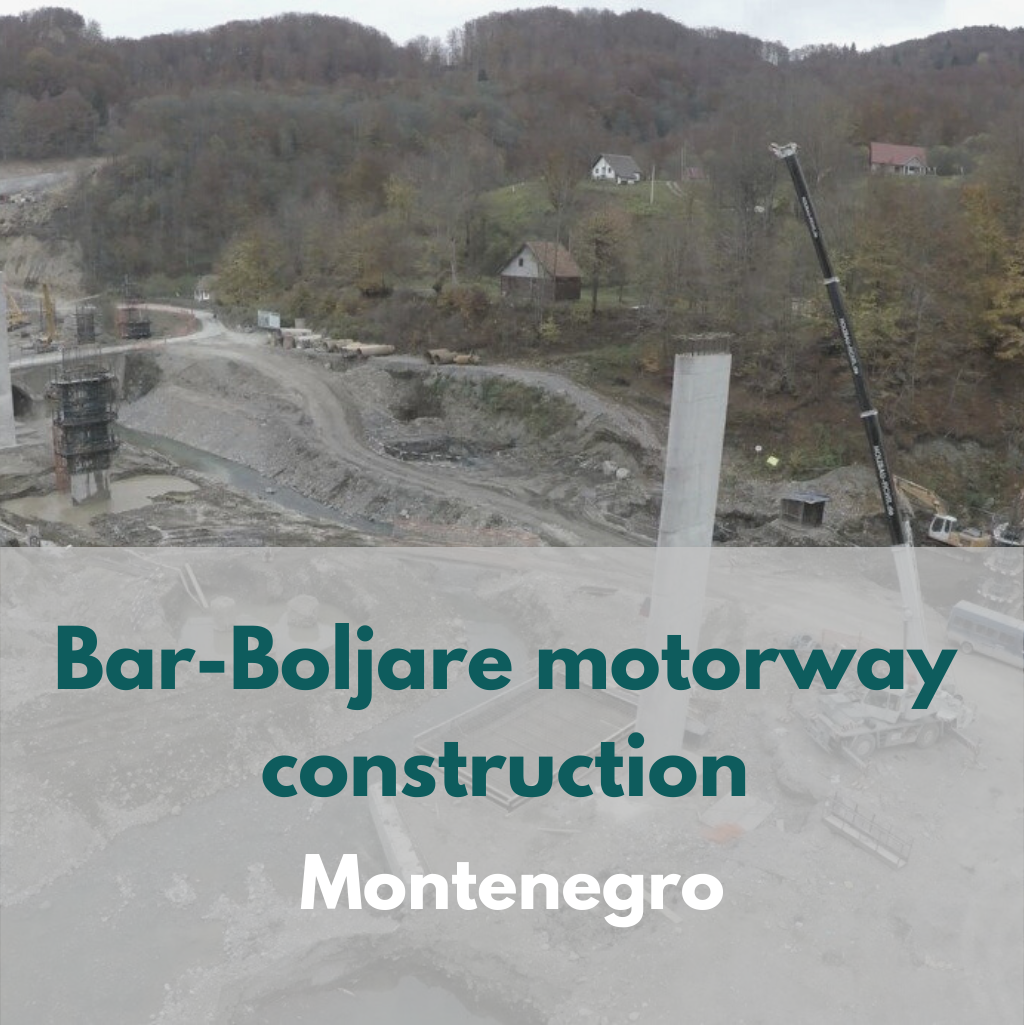The Special Road Bill (Specustawa drogowa)
Country: Poland
Adopted in 2003 and amended in 2011 to facilitate preparations for the 2012 UEFA Championship, the Special Road Bill allows environmental authorities to issue environmental decisions and road construction permits with an immediate enforceability clause.
This clause enables work on a project to begin immediately, even if the environmental decision or construction permit is challenged in court on environmental grounds.
In recent years, with the increasing politicisation of permitting procedures, the immediate enforceability clause, originally designed for extraordinary situations, has routinely been used for environmental decisions on practically all road investments, rendering it impossible for environmental organisations to stop harmful road projects. Even if the legal challenge is successful, all the court can do is state that the decision or permit violated the law, but it cannot annul the decision or permit.
Consequently, it is not possible for NGOs to effectively apply for injunctive relief in Poland, and environmental authorities that issue faulty decisions and allow environmental damage can act with impunity.
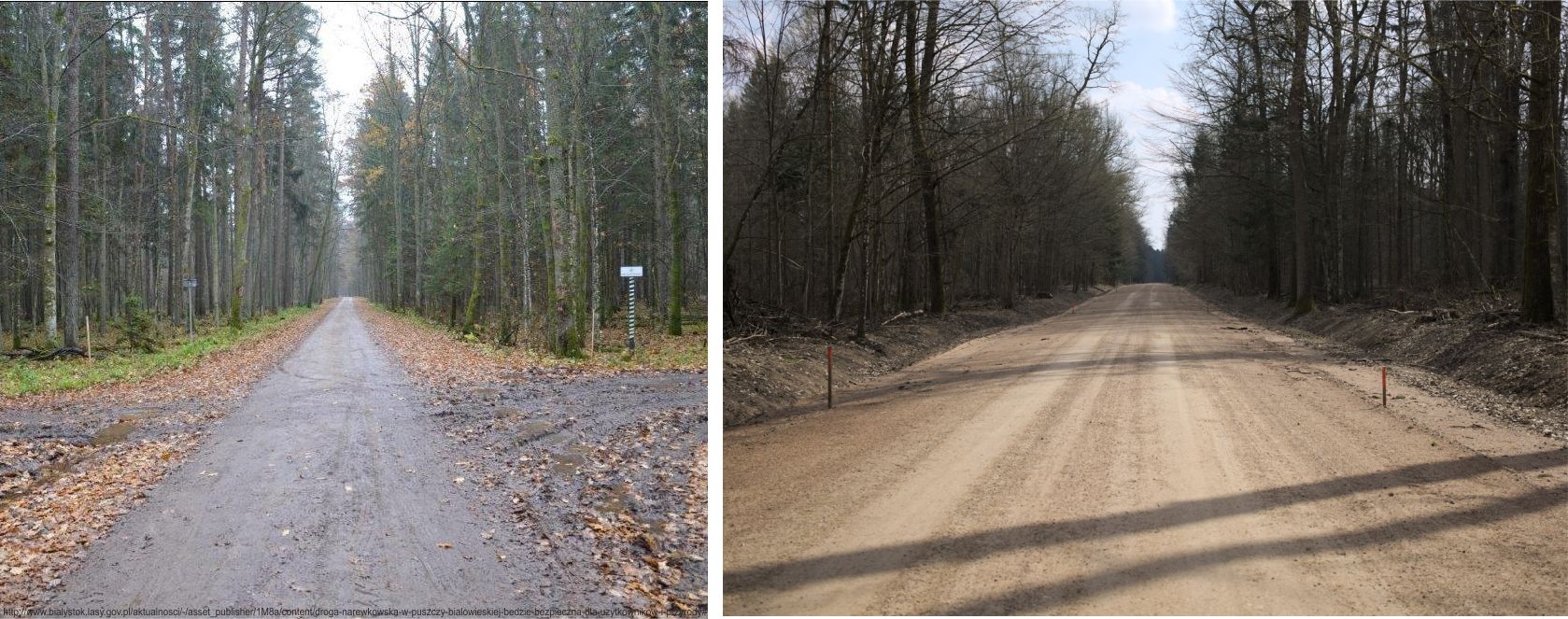
The provisions of the Special Road Bill, along with similar provisions in other special bills concerning railway investments, transmission grids, gas pipelines, flood protection infrastructure, airports, nuclear facilities and the Vistula Spit canal, as well as the Construction Law, the Water Law and the Mining and Geological Law, are the subject of a reasoned opinion addressed to Poland by the Commission in March 2019 (case 2016/2046), in which the Commission points out that the national laws in question are incompatible with the EIA Directive’s provisions on public participation in decisions concerning the environment and provisions on access to justice.
However, we have seen no effort on the part of the government to bring these existing laws into compliance with EU rules. Instead, new laws have been adopted and more are in the pipeline that will further erode the citizens’ access to justice and their ability to protect nature.
One particularly egregious example of how the EU has failed to protect biodiversity threatened by the Special Road Bill is the S7 expressway. In 2010, Polish environmental organisation Pracownia na rzecz Wszystkich Istot went to court claiming that the environmental decision for a section of this expressway near Skarżysko in central Poland failed to adequately reflect the environmental situation on the ground. It argued that the project threatened the integrity of the Lasy Skarżyskie Natura 2000 site because it would destroy a crucial habitat of the Marsh Fritillary – a butterfly for the protection of which the site had been established. It wanted the project promoter, the Polish Road Directorate (GDDKIA) to modify the project to bypass the habitat.
However, the GDDKIA, armed with the immediate enforceability clause, started work in the field in autumn of 2017. In July 2019, the Polish Supreme Administrative Court ruled that the road construction permit had been issued in blatant violation of the law, but because of the Special Road Bill, the permit could not be repealed. The Marsh Fritillary habitat had been bulldozed by then.
In 2014, the NGO had referred the case to the Commission, hoping the Commission would independently assess the case and persuade the project promoter to modify the project. However, the EU Pilot procedure dragged on, and the Commission uncritically accepted the project promoter’s arguments without verifying them, closing the case just days before the Supreme Administrative Court ruling.
The GDDKIA is one of the top beneficiaries of Cohesion Policy funds in Poland: every second kilometre of road built in Poland is financed by the EU. The Skarżysko section of the S7 was originally slated for EU funding, until the Directorate decided not to pursue it for this particular section. However, the Skarżysko section ultimately did receive support from Cohesion Policy funds: because the section is only 8 kilometres long, it did not qualify as a major project, and EU co-financing could be awarded by the national authorities without consulting the Commission.
This is just one example of a systemic problem in Poland, where roads are built in violation of legal rules and environmental protection requirements. By 2025, Poland expects to build 1 900 kilometres of new expressways, indicating that this could be exacerbated in the future if action is not taken to stop it.
